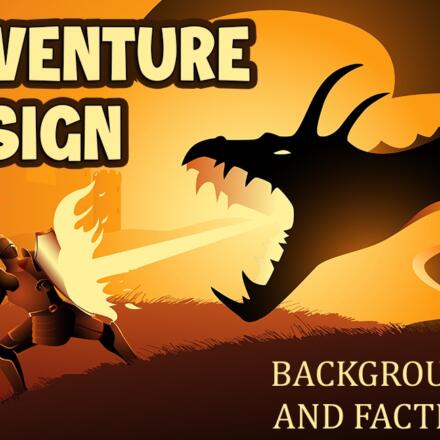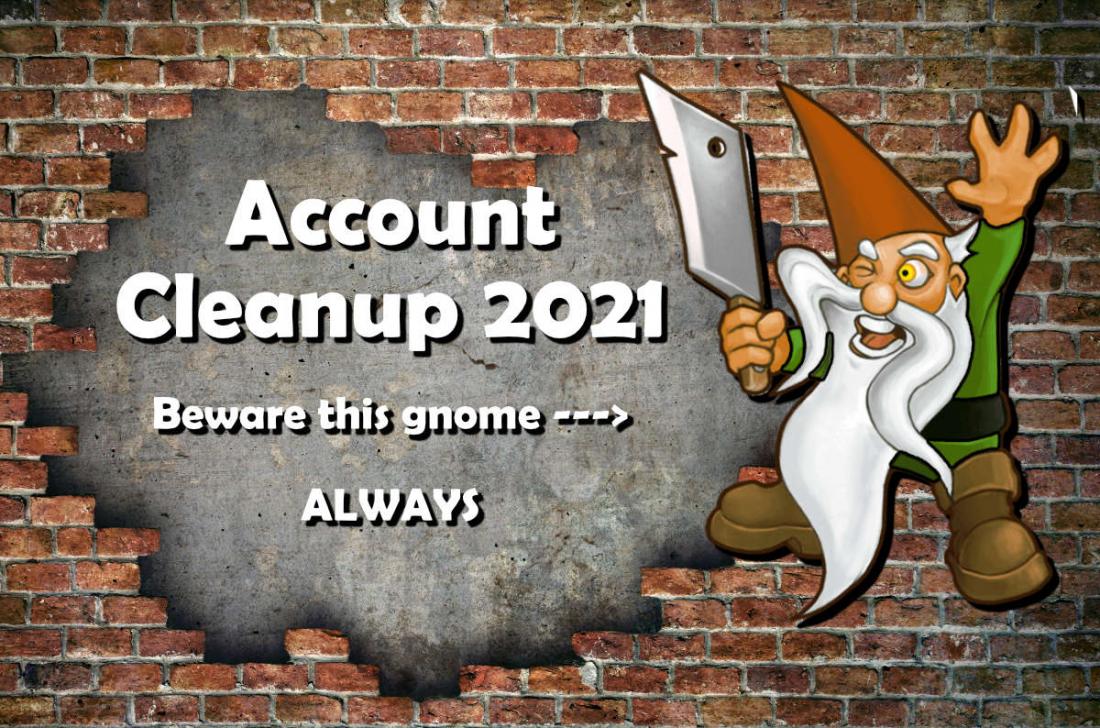Face to face, out in the heat, hanging tough, staying hungry…
— Survivor, “Eye of the Tiger”
In a proud GM Dad moment, my eldest daughter just ran her first RPG session as a Game Master! I let her be, but stayed close enough to answer the occasional question, and by all accounts and an enthusiastic reception from her players she did a great job!
While preparing for her first session, she asked me a lot of questions. I answered them as best I could and thought that incorporating that advice into a single primer might help. Unfortunately, I didn’t get a chance to finish this before she started running, but I thought I’d finish it anyway and put it here in the hopes that someone reading this might find it useful.
In terms of background, I’m coming at this from the POV of a Call of Cthulhu Keeper (GM), as that is what my daughter was running. Thus, my headspace was focused on investigative adventures, but I’ve tried to make the advice universally applicable.
So, without further ado…
Trust your group.
This is a big one and I think should be stated first. Unless you are running a convention game, you are probably playing with your friends, friends who understand that this is your first time taking the chair. They know that it’s a big responsibility and they’ll be willing to cut you a lot of slack. They’re happy that you’re willing to run a game for them. So, relax and don’t worry about being judged!
Note that this holds true for convention games, too. Believe it or not, many attendees who join convention games are home GMs who are happy to be players for a while. In any event, most of your players are getting used to playing with each other as much as you, so don’t think that a quiet table is an unhappy table. Everyone needs a little time to feel things out.
Expect to make mistakes.
You’re going to make mistakes, probably lots of them. But that’s okay. As a new GM, you’ve got a lot to keep track of and a responsibility to guide the session. You’re going to get tripped up here and there. Your players know that, and they’ll be fine with it. Again, they’re happy that you’re trying your hand at running!
And here’s a dirty little secret (or not so secret): we veteran GMs make mistakes too! The best advice I can give is not to hide it when you mess up. Nothing eases the stress on you like admitting that you made a mistake. If it’s something that didn’t derail the adventure, then just note the mistake and keep going. If it adversely affected the players, then compensate them and move on.
Be fair in your rulings.
While your players are going to give you their trust, it is up to you to keep it. A good way to do that is to be fair in your rulings. Note that “rulings” aren’t “rules,” they are how you run the game and apply the rules. As long as your decisions feel rational and you apply your rulings fairly, you should maintain the trust of your group.
It’s okay to take advice from your players regarding rules or rulings, but don’t let things get bogged down if a quick ruling keeps things moving. Ultimately, the rules are simply there to help you make decisions. Just make a decision for now and look up the rule after the session. You can apply the rule in the future.
Only appeal to chance when it matters.
Players generally want their characters to be competent. They don’t want to create a martial arts expert that gets easily clubbed unconscious by a purse-wielding senior or a scientist that doesn’t know basic chemistry. An easy way to do this is to simply assume competence when the act ultimately doesn’t matter or when the task seems too easy to fail. On the flip side, you can also say “no” when a character tries to do something that is obviously beyond their capabilities.
This is especially important if you’re running an investigative adventure. If your characters are investigating a crime scene, then they should be able to find any obvious clues as well as clues that they would know to look for. Nothing kills an adventure dead like the players not being able to follow leads because their character missed a skill roll to find a necessary piece of evidence!
There may be times when you’ll want the players to roll but you also need them to succeed. Keep in mind that you don’t have to make the roll a pass-fail test. It may be that if they fail, then they still succeed but draw some sort of complication. For example, if a character fails a roll on an internet search, then you may rule that they found the information only after wasting all night surfing and now they’re exhausted the next day.
Roll in the open.
This one isn’t truly necessary, as there is a long tradition of GMs rolling dice behind screens, but rolling in the open does two things. First, it fosters trust between you and your players that you are keeping things fair. Second, if you know that you’ll be rolling in the open, then you’ll also make sure that you’re only calling for rolls when you can accept the result. If you can’t, then why are you leaving it to chance?
Know the basic beats of your adventure.
Hopefully, you’ve done your prep work on your adventure. If you designed it yourself, then you’ve already internalized it. If you are using an adventure that you didn’t create, then you’ll want to read it at least twice (three is better!).
After reading the adventure, make a quick flowchart that follows the basic beats of the adventure and note where player choice matters. This flowchart doesn’t have to be very detailed, just enough to remind you of where the adventure is heading and how to guide the players back if they take their characters too far afield.
If the players need to meet a key NPC, find a crucial clue, or otherwise need a McGuffin to get to the next part of the adventure, then you’ll want to note that on the flowchart as well. That way, the flowchart will remind you of the important things you need to introduce along the way.
Keep things moving…
One of the worst things that you can do as a GM, new or veteran, is to allow the players to be stumped for too long. Sometimes what is obvious to you isn’t obvious to them, or they’ve simply discarded a clue that’s important because it doesn’t fit their theories. This can lead to unnecessary frustration.
Don’t be afraid to offer guidance. Sometimes, you can simply remind them of what they’ve found or offer suggestions to follow leads. A gentle reminder that they never visited the business on the matchbook they found, or they never thought to check the hills for the goblin encampment may be enough to get them moving without feeling like you handed it to them.
Also, don’t be afraid to end an encounter early if the conclusion is obvious. If the player characters are wiping the floor with kobolds, then you can simply say that they’ve finished them off without having to waste another 15 minutes. If an NPC isn’t going to give the players the information they want, then you don’t need to wait 10 minutes while the players keep asking questions.
…But don’t railroad.
If you’ve played RPGs for any length of time, then you’ve probably heard about the dreaded “railroad.” Simply put, railroading is whenever you take agency away from the players in situations where they believe that they should have agency. If the players are going to follow the adventure, it should be because it feels logical, or at least rational, for them to do so.
A good way to counter this is to always offer an open-ended option whenever you offer suggestions. “So, do you want to go to the business on the matchbook, follow up on Mr. Tanner’s interrogation, or do something else?” reminds the players of leads they haven’t followed but also tells them that you’re willing to go with whatever they decide.
Simplify the rules and internalize them.
Note that while I think most GMs get intimidated by the rules, I’ve made rules the lowest on the list of priorities. That’s because rules are the responsibility of everyone around the table, especially given that most out-of-game arguments during play tend to be about rules.
You don’t need to commit an entire rulebook to memory, but you should internalize the basic mechanic. Don’t worry about side cases. You can always make rulings until you’re more familiar with those rules. Just remember that point above about being fair!
In Dungeons & Dragons, for example, most tests involve rolling a d20 and adding modifiers to meet or exceed a target number. That, along with granting advantage or disadvantage, is enough for you to run a session with little trouble.
You’re supposed to be having fun, too!
This is not so much a guideline but a reminder. As a GM, you aren’t supposed to sacrifice fun; you are simply trading one type of fun for another. You get to see all the behind-the-scenes plotting, enjoy having the players interact with your adventure and make creative (and sometimes bone-headed!) decisions, play a bunch of NPCs, and overall control the flow of the adventure. It can be a blast!
Your players have a responsibility to ensure that you’re having fun, too. While there will certainly be times that a player doesn’t agree with you, they should respect your ultimate decisions. If things become too aggravating or frustrating, then it’s better to take a break or even shut down a campaign until those issues are resolved.
Wrapping Up
While taking the GM Chair can seem intimidating and even overwhelming, it doesn’t have to be. Hopefully, the advice above is helpful in showing you that it’s possible to ease into GMing and, hopefully, lead to your guiding friends through many new adventures!
And as a final (and most important) reminder, GMing is not something to be tolerated, it is meant to be enjoyed!

















